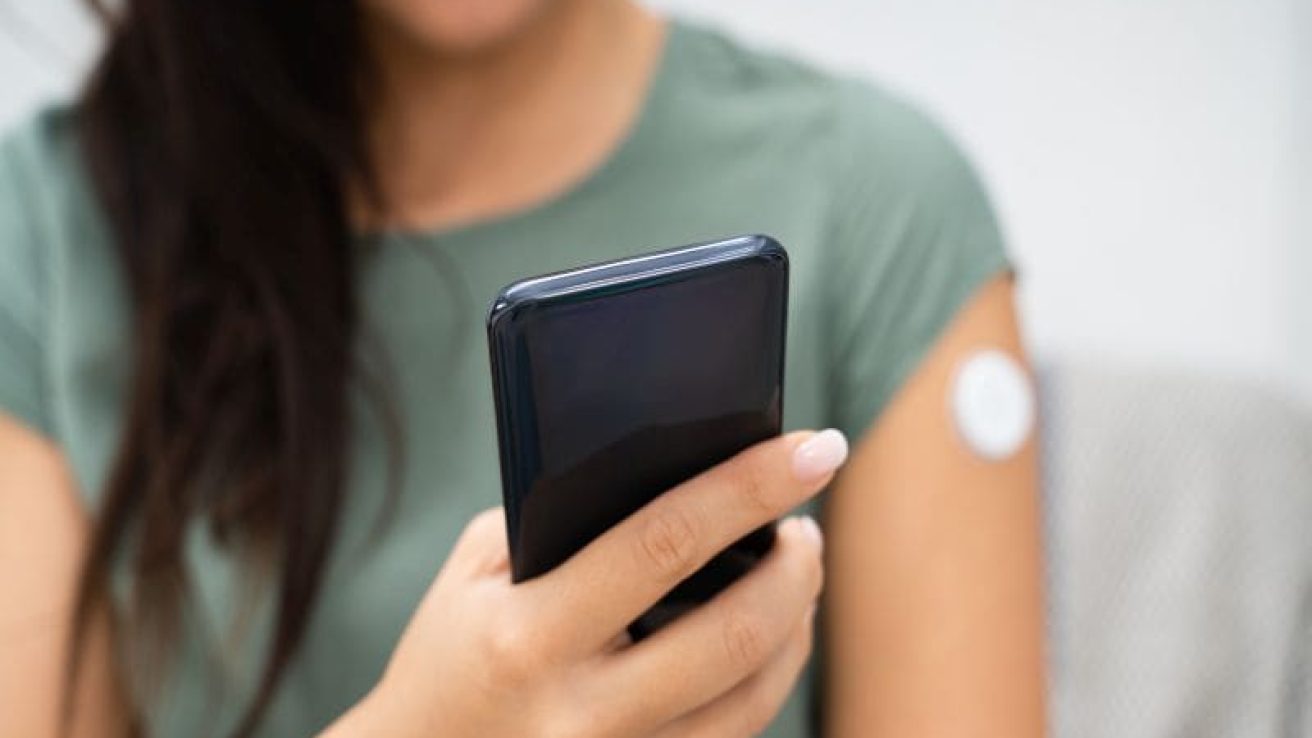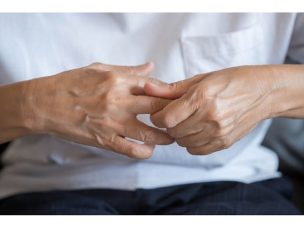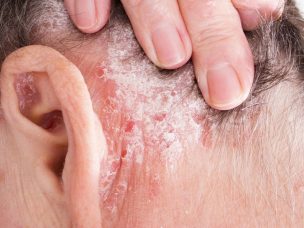FRIDAY, Oct. 9, 2020 (HealthDay News) — Racial disparities in insulin pump use among children with type 1 diabetes (T1D) have persisted for 15 years, according to a study published in the November issue of the Journal of Pediatric Nursing.
Terri H. Lipman, from University of Pennsylvania School of Nursing in Philadelphia, and colleagues retrospectively reviewed charts from children with T1D to assess insulin pump usage by race in 2005 and from 2011 to 2019.
The researchers found that in 2005, non-Hispanic White children were twice as likely to use an insulin pump as non-Hispanic Black children. The odds ratio increased to 2.5 for White versus Black children from 2011 to 2019. Compared with Black children, the odds of Hispanic children using insulin pumps was also higher. Insurance status (government versus private) had very little influence on results, with White children consistently more likely than Black children to be treated with insulin pumps in 2011, 2013, 2017, and 2019 (P < 0.001).
“This inequity in diabetes treatment may be playing a role in the poorer glycemic control and higher rates of diabetes complications in non-Hispanic Black children,” the authors write.
Abstract/Full Text (subscription or payment may be required)










